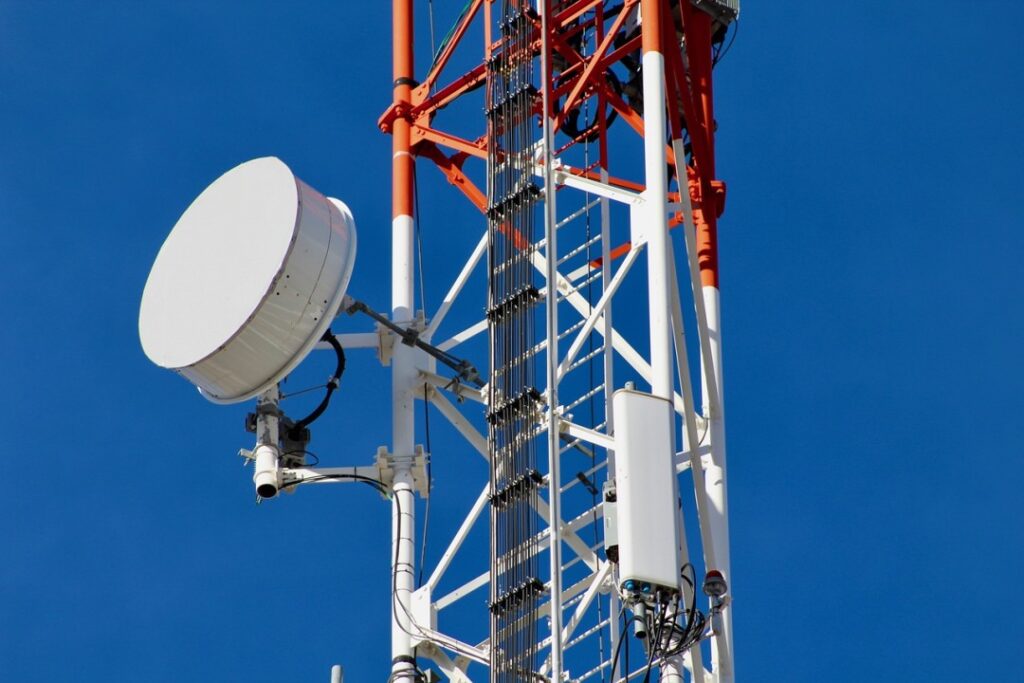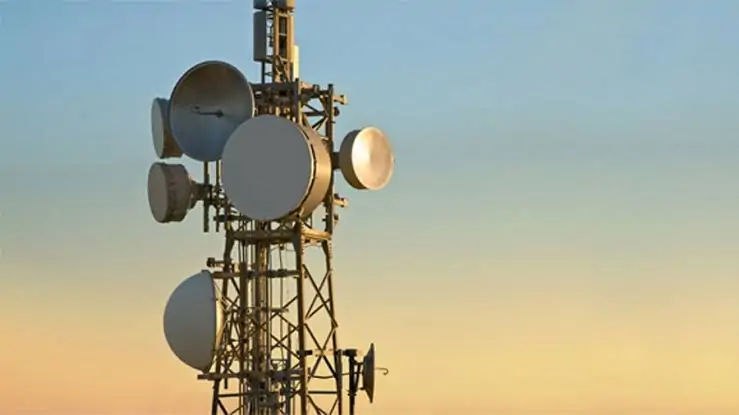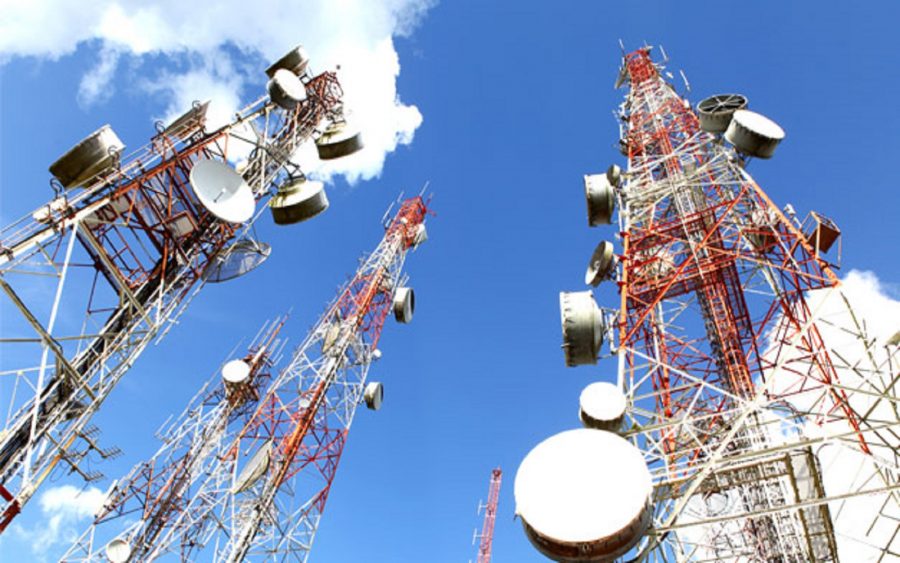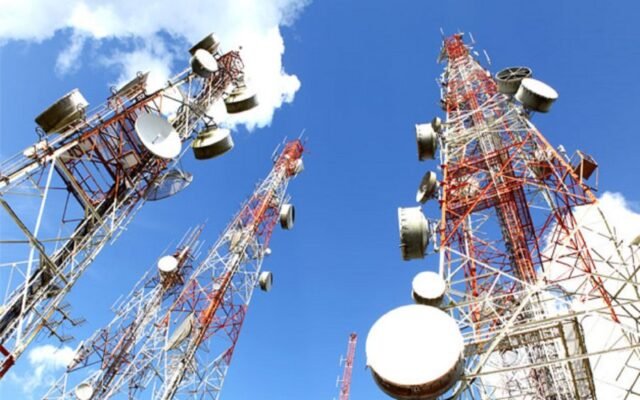In a stark warning issued this month, Nigeria’s telecom operators, represented by the Association of Licensed Telecommunications Operators of Nigeria (ALTON), have sounded the alarm over a surge in the vandalism and theft of telecom infrastructure that threatens to significantly degrade network quality in the coming days. With essential components being stolen from cell towers and underground systems, operators fear that their recent investments in network optimisation could be nullified—jeopardising everything from mobile calls to financial services, education, healthcare, and security operations.
Table of Contents

An Unprecedented Wave of Sabotage
Between May and July 2025, ALTON reported an alarming increase in incidents across the country. States most affected include Rivers, Ogun, Osun, Imo, Kogi, Ekiti, Lagos, Abuja (FCT), Delta, Cross River, Akwa Ibom, Ondo, Edo, Kaduna, Niger, Kwara, and more.
The vandals have systematically targeted critical telecom components—including power and feeder cables, rectifiers, fibre-optic conduits, diesel generators, batteries, and solar panels—often ripping them from active sites and selling them openly in markets traditionally reserved for domestic use or grey trading. In some locations, stolen diesel fuel has been siphoned and sold in smaller, illicit markets.
The granularity of the lost infrastructure is critical. These aren’t mere accessories. Rectifiers, batteries, solar equipment, and fibre cables underpin the entire telecom network, acting as lifelines for connectivity. Without them, cell towers go dark and data pipelines collapse—creating cascading failures in everyday services.
Billions Invested, Sabotaged
2025 has seen an aggressive push by telcos to augment and modernise their networks. Following a marginal tariff increase approved by the Nigerian Communications Commission (NCC), operators announced ‘historic’ expansions: performance-enhanced systems, upgraded transmission equipment, overhaul of power systems, and laying of thousands of kilometres of fibre optic cables.
ALTON Chairman Engr. Gbenga Adebayo stressed: “Our industry has not seen this scale of investment in recent years. We are working round the clock to improve the quality of service nationwide, and we cannot afford these setbacks.” Yet, these efforts have been repeatedly undermined by theft and vandalism. An anonymous telco executive lamented that, “we promised to optimise our networks … but vandals are carting away our facilities without a challenge … if nothing is done urgently, it will get worse.”
Without marked improvements soon, these investments—meant to elevate telecom services—are at real risk of being washed away by persistent criminal activity.

More Than Communication: A Nationwide Concern
Telecom infrastructure in Nigeria has been legally classified as Critical National Infrastructure (CNI) since March 17, 2021 (Federal Government Gazette No. 133, Vol. 108). This designation reflects the interconnectedness of telecom networks with banking, healthcare, education, security, and emergency services.
Destructive actions against this infrastructure don’t just inconvenience subscribers—they erode the foundation supporting digital operations nationwide. Punch Newspaper accurately summarised that when telecom infrastructure fails, “our banking systems, emergency services, healthcare, education, and national security platforms are all compromised.”
In essence, the vandals’ actions threaten the very pillars of modern society. ALTON has cautioned civil servants, business leaders, and communities: purchasing rifles of stolen telecom gear isn’t just illegal—it contributes directly to a nationwide crisis.
Roadworks: A Secondary Sabotage
While deliberate vandalism grabs headlines, ALTON also flagged another stealthy villain: uncoordinated road construction.
Excavation crews, often unaware or improperly supervised, have cut through underground fibre optic cables during routine civil works. These cable damages have not only caused service disruptions but also led to serious financial losses.
This suggests an ongoing need for better coordination between infrastructure owners, regulatory bodies, and contractors to protect buried utility cables from accidental damage.
Alarms Already Raised, But Urgency Heightens
ALTON has formally requested that Nigeria’s top security organs—the Office of the National Security Adviser (ONSA), the Inspector General of Police, Department of State Services (DSS), and Nigeria Security and Civil Defence Corps (NSCDC)—deploy resources swiftly to protect telecom sites.
Their message is clear: if action isn’t taken now, Nigeria could be looking at a telecom collapse driven by rising sabotage.
Several media outlets, including Ecofin Agency and The Sun Nigeria, echo ALTON’s clue: network outages could become a daily norm unless there is decisive political and security response.
Accountability & Awareness: Tools Against Vandalism
While security forces are expected to step in, ALTON also calls on citizens and institutions to play their part. Individuals must refrain from buying or using stolen telecom equipment—batteries, diesel, solar panels—all readily available in local markets.
The NCC has responded by launching a public portal—via email (protect@ncc.gov.ng) or hotline (622)—where Nigerians can report suspected vandalism. This reflects a growing recognition that vigilant citizens are essential allies in protecting national infrastructure.
Digital Ambitions at Risk
Nigeria is in the midst of a digital transformation. From fintech innovations and remote education platforms to e-health systems and e-governance, reliable telecom services are critical enablers of economic progress.
ALTON warns that, without robust intervention, the current vandalism trend can wipe out the gains of recent investments—shifting budgets back toward repairs instead of innovation. This regression threatens Nigeria’s ambition to keep pace in an increasingly digital global landscape.

What Must Happen Now
To mitigate this crisis, a multifaceted approach is essential:
- Security Uplift: ALTON wants security agencies to deploy guards, surveillance systems, and rapid response squads to protect telecom installations.
- Regulatory Enforcement: The NCC, in tandem with other bodies, must enforce penalties under the CNI designation—criminalising vandalism of telecom infrastructure.
- Community Engagement: Public education campaigns and market surveillance should raise awareness and discourage the trade of stolen equipment.
- Infrastructure Coordination: NCC and civil engineering regulators should establish protocols requiring telecom operators to mark and safeguard underground cables, especially during roadwork.
- Citizen Reporting: Nigerians are urged to actively use the NCC’s portal and hotline to report suspicious activity.
Conclusion
The escalating vandalism of telecom infrastructure is more than a disruption—it’s a ticking time bomb. Nigeria’s telecom operators have made bold strides to uplift network quality, but their gains are being swiftly eroded by criminal activity and uncoordinated civil works.
With services now under strain, the risks to banking, healthcare, education, security, and the economy are real. The choice is clear: act now or risk enduring national telecom blackout. As ALTON insists, “our national security, economic stability, and digital future depend on it.”
Join Our Social Media Channels:
WhatsApp: NaijaEyes
Facebook: NaijaEyes
Twitter: NaijaEyes
Instagram: NaijaEyes
TikTok: NaijaEyes








































